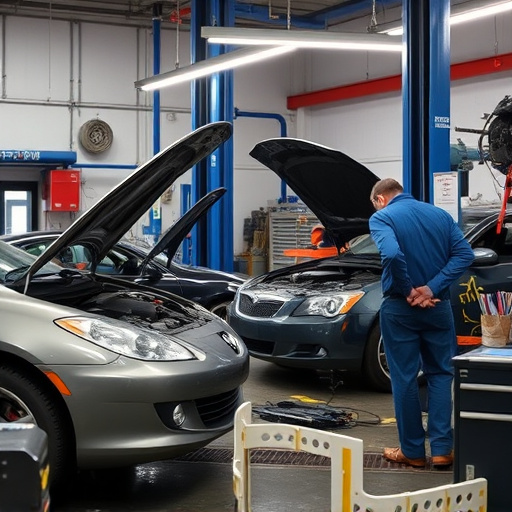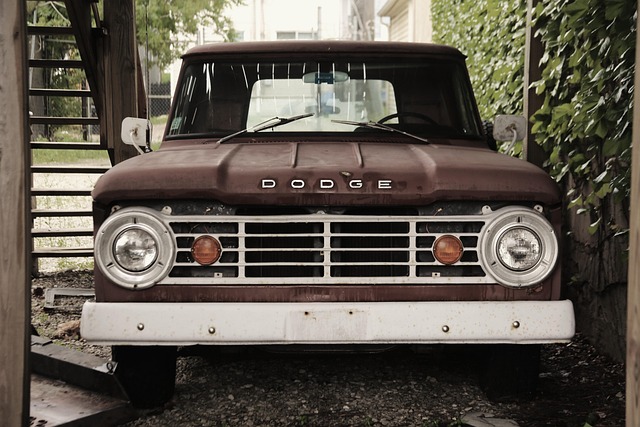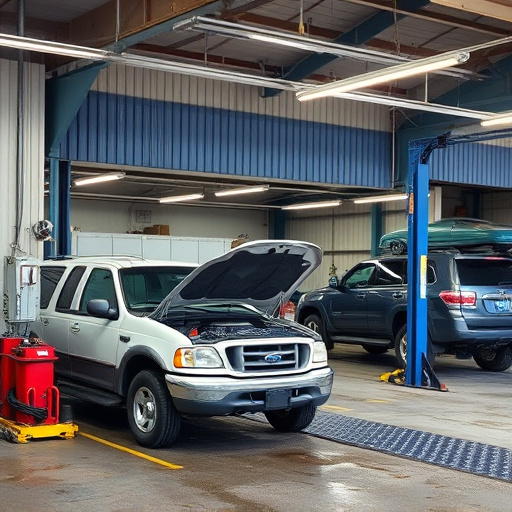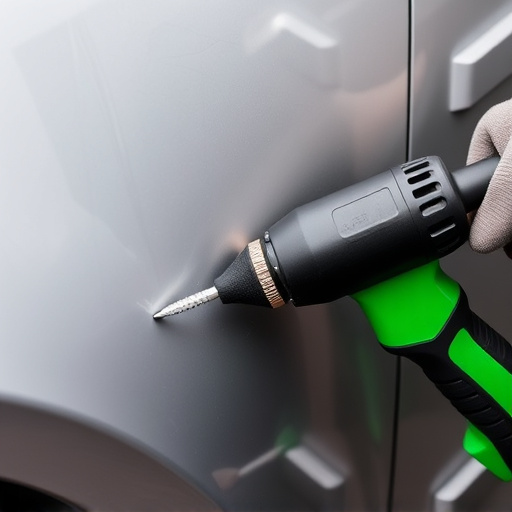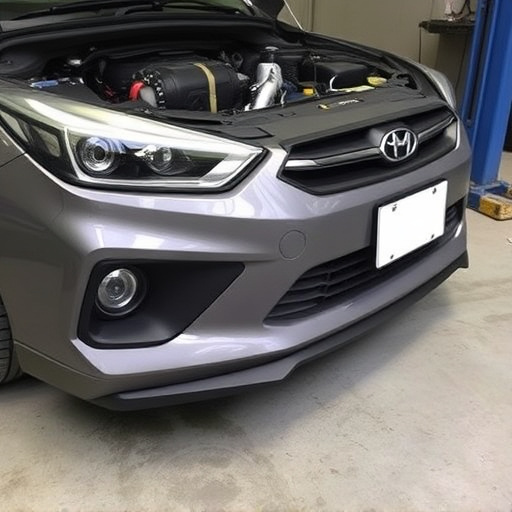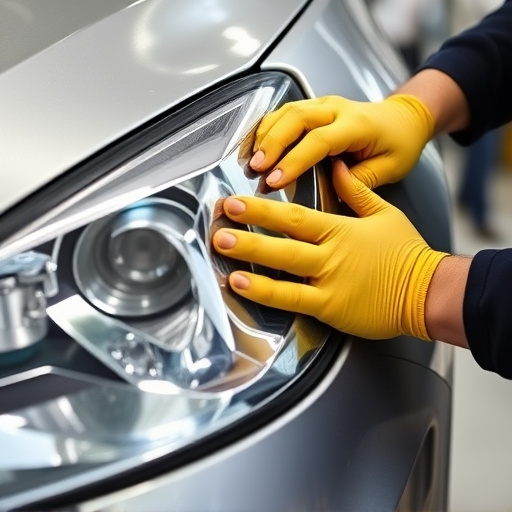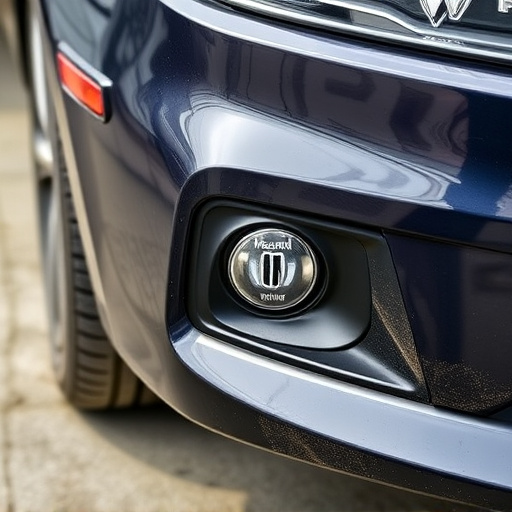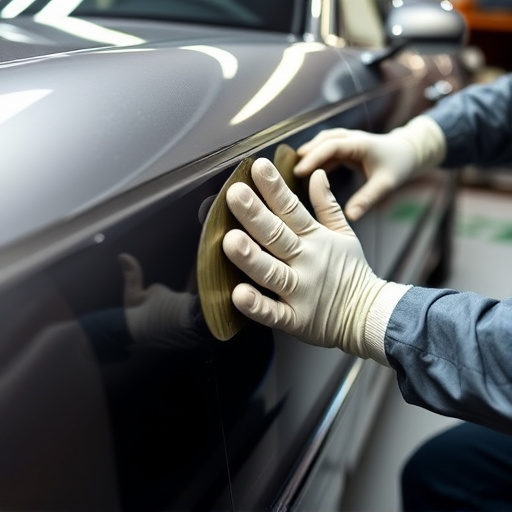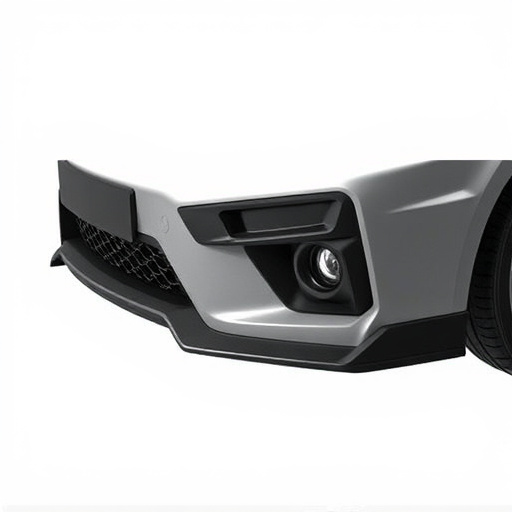Collision repair audits ensure quality control and compliance with industry standards, reducing warranty claims and legal risks. These thorough inspections cover equipment, staff training, safety protocols, and vehicle repair quality, including luxury and bumper repairs. Regular audits maintain warranty validity, elevate customer satisfaction, and foster a culture of precision to safeguard against costly legal repercussions.
Collision repair audits are essential tools for managing warranty and liability risks. These comprehensive assessments ensure that vehicle repairs adhere to manufacturer standards, maintaining warranty validity. By examining the quality of work, parts used, and adherence to guidelines, audits protect businesses from fraudulent claims and minimize financial exposure. Effective collision repair audit practices empower shops to deliver high-quality services, foster customer trust, and ultimately enhance their reputation in a competitive market.
- Understanding Collision Repair Audits: A Comprehensive Guide
- The Role of Audits in Warranty Validity and Coverage
- Mitigating Liability Risks Through Effective Audit Practices
Understanding Collision Repair Audits: A Comprehensive Guide

Collision repair audits are a crucial process that involves thorough inspections and evaluations of collision repair facilities to ensure adherence to industry standards and regulations. These audits play a pivotal role in maintaining quality control and managing warranties and liabilities effectively. By implementing comprehensive collision repair audit programs, auto manufacturers, dealerships, and insurance companies can safeguard their interests and protect consumers.
A typical collision repair audit encompasses various aspects, including examining the facility’s equipment, training of staff, adherence to safety protocols, and the quality of repairs conducted on vehicles, such as luxury vehicle repair or bumper repair. Auditors assess whether the shop follows best practices for car restoration, adhering to strict guidelines set by industry bodies. This meticulous process helps identify areas for improvement, ensuring that collision repair facilities maintain high standards, ultimately leading to reduced warranty claims and minimized legal liabilities.
The Role of Audits in Warranty Validity and Coverage

Collision repair audits play a pivotal role in ensuring the validity and coverage of warranties provided by automotive manufacturers or dealerships. These thorough evaluations are designed to assess the quality and integrity of the collision repair process, from initial damage assessment to final vehicle restoration. By conducting regular audits, warranty managers can verify that auto body services adhere to the strict standards set forth by the industry and the manufacturing guidelines.
This process involves meticulous inspection of the automotive body work, including paint services, structural integrity, and adherence to manufacturer specifications. Any deviations or substandard practices identified during these audits are addressed promptly, allowing for continuous improvement in repair quality. The end result is enhanced customer satisfaction, minimized risk of liability claims, and a robust warranty management system for both manufacturers and authorized repair facilities.
Mitigating Liability Risks Through Effective Audit Practices

Effective collision repair audits are a powerful tool to mitigate liability risks and ensure compliance with warranty agreements. By implementing rigorous audit practices, auto body shops can maintain high standards of quality and safety in their vehicle repair processes. These audits focus on several key areas, including the accuracy of parts replacement, adherence to manufacturer guidelines, and proper documentation.
Through regular collision repair audits, shops can identify potential issues early on. For instance, they can verify that paintless dent repair techniques are correctly applied, ensuring minimal paint damage during repairs. This not only maintains the vehicle’s aesthetic appeal but also reduces the risk of future liability claims related to poor workmanship or incorrect repairs. By fostering a culture of quality and precision through these audits, auto body services can protect themselves and their customers from costly legal consequences.
Collision repair audits are essential tools for managing warranty and liability risks. By thoroughly evaluating repair processes, materials, and compliance with industry standards, these audits ensure the quality and integrity of collision repair work. This, in turn, supports valid warranty claims and minimizes potential legal liabilities, fostering a more trustworthy automotive service ecosystem. Effective audit practices empower businesses to maintain high standards, protect their reputation, and deliver peace of mind to customers.
